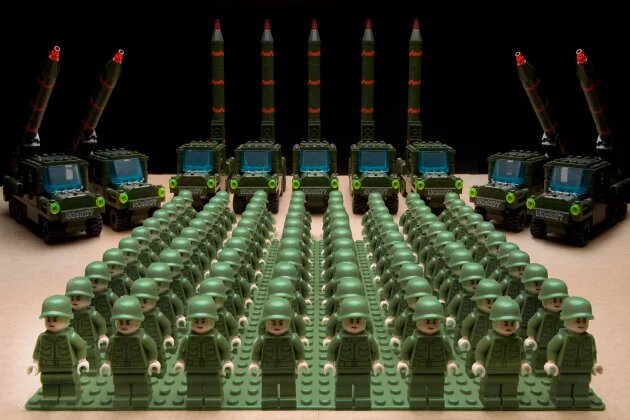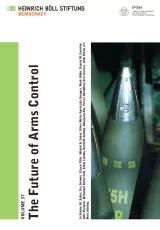How will the failure of the 2015 NPT Review Conference affect the goal of the weapons of mass destruction free zone in the Middle East? An Essay by Tiara Shaya.

Whenever I am asked what topic of research I focus on, the response is usually the same. “You know that will never happen, right?” The long aspired to and elusive goal of establishing a weapons of mass destruction free zone in the Middle East is generally seen as unrealistic, a naïve vision that only the inexperienced or perhaps highly liberal-minded person would ascribe to. The Middle East is, ultimately, the only region where all three kinds of Weapons of Mass Destruction (WMD), namely nuclear, chemical and biological have been used or developed. In an effort to regain credibility for daring to hope in the Zone, I am quick to insert a caveat into the conservation about how, while the Zone may take decades to achieve, it is nonetheless a goal worthy of working for. After all, numerous examples in history supply ample defense for the person with a sense of hopeful idealism: the fall of the Berlin wall, the removal of apartheid from South Africa, the abolition of slavery in America, and so on.
Yet, as an Iraqi-American, the outcome of the 2015 Non-proliferation Treaty Review Conference leaves me disappointed in both the United States and some Middle Eastern states. The strength of the NPT will lessen since a final document could not be agreed upon, the problematic feature being the Zone itself. There’s enough fodder for all sides to play the blame game. Assertions have been made that the US and UK intentionally sank the conference and rejected the draft final document in an effort to protect Israel and to avoid the calls for nuclear weapon states to disarm. Israel is the only state in the Middle East that has not signed the NPT. Although it conducted its inaugural participation as an observer during this year’s NPT Review Conference, observer status does not grant voting rights, thus requiring the US and UK to act on its behalf to block the final draft proposal. Egypt’s proposal, nicknamed the “Arab document,” did not include the element of consensus from all states, a piece that Israel viewed as unacceptable and a move US Under Secretary for Arms Control and International Security Rose Gottemoeller called out at the conference.
Israel rejected the final draft proposal that set March 2016 as a deadline for the Middle East conference on the Zone, a conference that was intended to occur in December 2012. While Egypt maintained that the decisive action of setting a hard deadline for the conference must be taken in order to realize the Zone, Israel refused to commit to a deadline without prior agreement on the conference agenda, terms of reference, and follow up steps.
The failed NPT Review Conference brings three points to mind on the Zone.
- While hope on the concept of the Zone is not lost, the slow progress causes one to question how a regional process toward the Zone can bounce back from such a defeat. Under what framework could progress toward the Middle East conference and the Zone take place? Will the regional consultations continue? If so, who will facilitate them? Will Arab states boycott future consultations in retaliation for the draft document being rejected?
- A former Arab ambassador to the United States recently told me, “I have no hope in my generation. It is up to the next generation to bring peace to the Middle East.” The thought is certainly depressing. Are current Middle Eastern leaders really beyond hope? Must the world wait decades for new leaders to assume positions of power before any real progress toward regional peace can be made? Who will bear the burden and when will the torch be passed? Are regional peace and a zone free of weapons of mass destruction in the Middle East entirely unachievable with current leaders in power? Certainly, we the young generation of the region are ready to lead by example, but will our leaders listen? Will they be willing to give up power and transfer it to us who are ready to make a difference?
- Who in the Middle East truly wants to see the Zone come to fruition? A high-level US official heavily engaged in negotiations on the Zone exclaimed that Egypt, Iran, and Israel do not actually want the Zone. While pointing fingers and assigning blame is not generally conducive to reaching agreements, questioning states’ spoken commitments against their real ambitions is a necessary exercise, particularly when past events suggests this duality.
The question remains over how the failure of the 2015 NPT Review Conference will affect the goal of the weapons of mass destruction free zone in the Middle East. As I say to skeptics, the Zone may take decades to actualize, but progress can and must be made now to advance this honorable cause.
